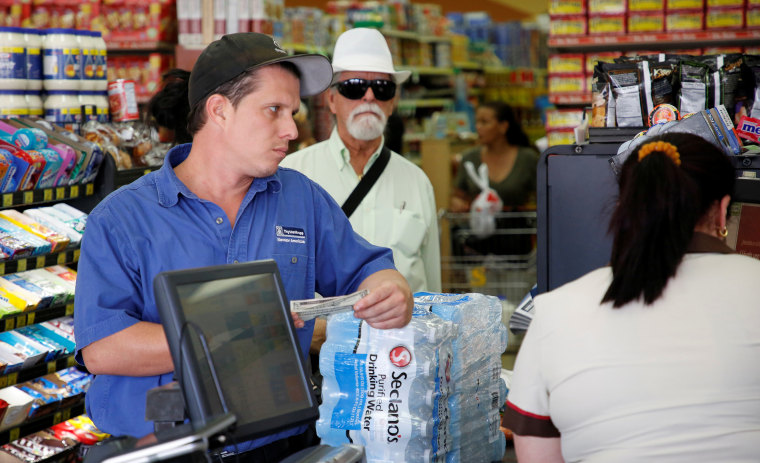Although one in four new businesses are Latino-owned and contribute more than $700 billion in sales to the U.S. economy every year, a new study has found that the businesses face significant barriers that keep them from increasing their revenues and building up wealth.
According to a report titled Latino-Owned Businesses: Shining a Light on National Trends, three main hurdles hold back Latino business owners’ economic growth: credit score problems, limited funding sources and a business knowledge gap.
“Digging into and understanding the causes of these issues and identifying possible paths forward is not only an imperative but an opportunity,” said Jack Gutt, executive vice president of communications and outreach at the Federal Reserve Bank of New York.
The report was researched and written by scholars and experts from the Federal Reserve Bank of New York, Interise, and the Stanford Latino Entrepreneurship Initiative (SLEI).
Nearly half of Latino-owned businesses were started during the past six years and many have relied on personal savings or seed funding from friends and family to start off. When seeking other sources of funding to finance their business growth, many owners either avoid taking on debt or are unable to meet the requirements to get a business loan.
In order to overcome the financial barriers, Latino business owners disproportionately rely on their credit cards and other financial methods to increase cash flow, including some that come with high interest rates but require less collateral.
Latinos who take out a business loan are much more likely than non-Latino white business owners to use personal guarantees such as cash, real estate, and other assets to secure the loan. On average, Latinos have low credit scores or limited credit histories, hurting their chances of getting a business loan approved.
Regardless of ethnicity, small business owners reported greater success at small banks when getting approved for a loan, line of credit or a cash advance.
“This pattern appears to be even more pronounced for Latino-owned businesses, with 60 percent of applicants reporting credit success at small banks, compared to 34 percent of applicants at large banks,” the report reads.
Joel Sánchez, president of Premier Cleaning, a janitorial services company in Dallas and Tony Batista, president of Floors2Luv, a construction company in Houston, are part of that 60 percent.
Sánchez, who was interviewed for the report alongside Batista, has a line of credit that was approved by a small, local bank that helped him finance his company’s payroll needs.
“They’re very accessible, more personal, something that I can trust,” Sánchez stated in the report. He said he has a good, working relationship with the small bank.
In Batista’s case, several large banks denied his attempt to refinance the mortgage on the building where he operates his business. But he got the refinancing after developing a relationship with a small bank.
The study recommended replicating Sánchez and Batista’s experience nationwide.
For the most part, Latino business owners tend to be much younger than non-Latino business owners and they are outpacing other demographic groups when it comes to starting new businesses, according to the report.
“That, in turn, matters as Latinos are the fastest growing demographic in our nation and Latino-owned businesses are growing in number and importance,” Gutt said. “On top of that, the Latino population is among the youngest of all demographic groups and its entrepreneurial class is equally young.”
Entrepreneurs and business owners featured in the report emphasized a need for more, stronger business networks to share each others' experiences taking advantage of available business support programs and to foster mentoring opportunities with Latinos running successful businesses in cities such as Miami, Chicago and San Diego.
The report said the networks and mentoring could help close the business knowledge gap that some owners reported in the study, while fostering a new generation of more financially knowledgeable Latino business owners.
Although the report did not include recommendations for large banks, the authors said they plan another study on how to get large banks to lend more to Latino business owners and create partnerships for them with financial technology providers such as PayPal.
FOLLOW NBC LATINO ON FACEBOOK, TWITTER AND INSTAGRAM.



